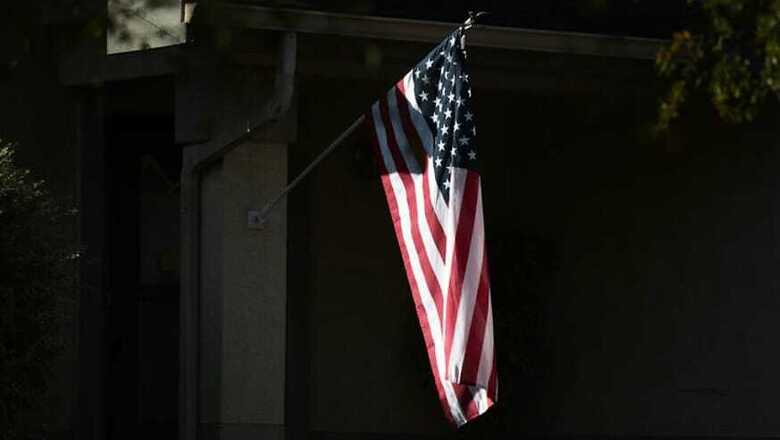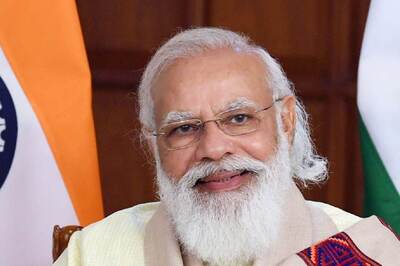
views
A week that marked the return of capital punishment by the U.S. government after a 17-year hiatus was due to end on Friday with a third planned execution of a federal prisoner.
If President Donald Trump's administration faces no legal obstacle in putting Dustin Lee Honken, a convicted murderer, to death by lethal injection at 4 p.m. EDT (2000 GMT), it will have completed as many executions in a few days as happened in the preceding 57 years.
Lawyers for the condemned men have amassed legal challenges, which include arguments that the U.S. Department of Justice's new one-drug lethal-injection protocol breaches a constitutional ban on cruel and unusual punishments.
These arguments have been rejected twice this week in overnight rulings by a 5-4 majority in the Supreme Court.
Dustin Honken was a dealer in illegal methamphetamine when he and his girlfriend murdered five people in Iowa in 1993, including two girls aged 10 and 6. He was convicted in 2004.
He is one of several inmates on federal death row in Terre Haute, Indiana, who have said the new one-drug protocol, which replaces a three-drug protocol the government last used in 2003, would cause an unnecessarily painful death.
The litigation will continue in the U.S. District Court in Washington with the surviving inmates. Since last year, Judge Tanya Chutkan, who is overseeing the cases, has ordered injunctions on three occasions delaying the scheduled executions to allow the legal challenges to play out. All three were overruled by the Supreme Court.
Two other men convicted of murdering children were executed in Terre Haute earlier this week: Daniel Lee on Tuesday, and Wesley Purkey on Thursday.
Families of the killers' victims have been divided, reflecting broader public disagreement over capital punishment, which has been abolished by most other countries. Relatives of Lee's victims pleaded for Trump to scrap Lee's execution. The father of the 16-year-old girl murdered by Purkey told reporters that Purkey's death brought some resolution to his grief.
Cassandra Stubbs, director of the American Civil Liberties Union's Capital Punishment Project, called it "a truly dark period for our country." She joined the condemned men's lawyers in criticizing higher courts in what they called a rush to short-circuit their legal rights.
While the Supreme Court's conservative majority wrote that it had established that lethal injection was a constitutional method, some of the liberal justices complained new problems raised by the changed protocol were being dismissed too hastily.
"I remain convinced of the importance of reconsidering the constitutionality of the death penalty itself," Justice Stephen Breyer wrote in a dissenting opinion on Thursday.



















Comments
0 comment